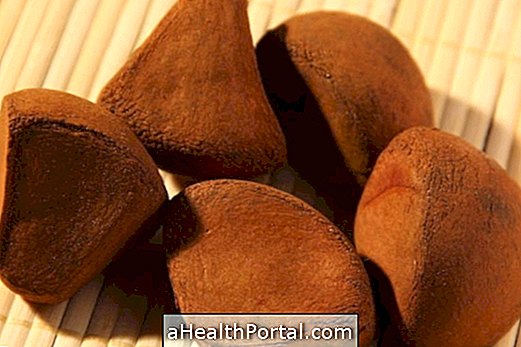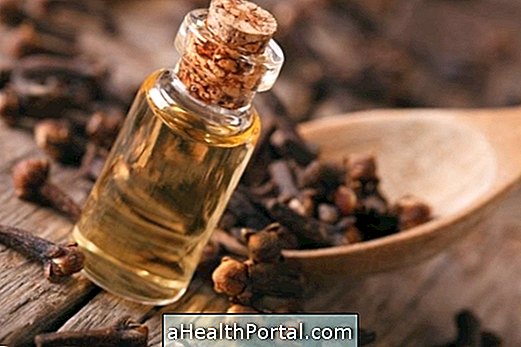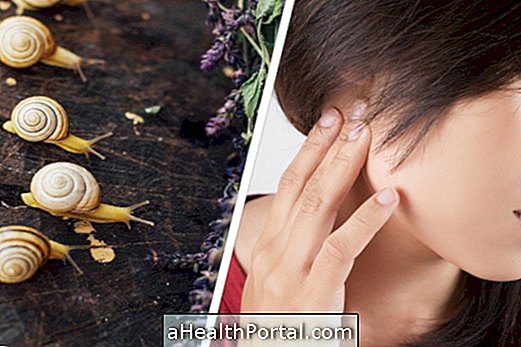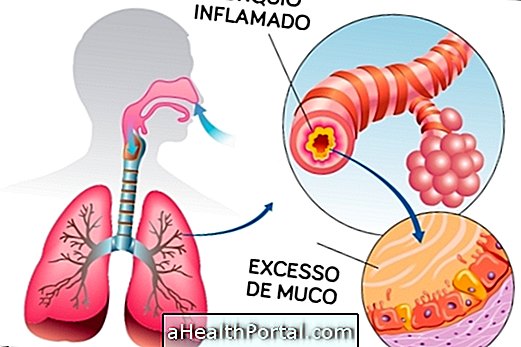Valerian is a medicinal plant in the Valerian family, also known as valerian-apothecary, wild valerian or cat's willow, widely used as a home remedy against insomnia, anxiety and restlessness.
The scientific name of the Valerian plant is Valeriana officinalis and produces pink flowers, which can reach about 1 meter in height. The part of the plant that has therapeutic effects is the root, and can be taken as tablets or tea.

What is it for
Because it is a natural tranquilizer, Valerian can be used in several cases such as:
- Insomnia;
- Agitation;
- Nervous exhaustion;
- Excessive mental exertion;
- Lack of concentration;
- Irritability;
- Stress;
- Headache;
- Heart diseases of nervous origin;
- Gastric spasms;
- Anxiety.
The active principles of valerian influence the functioning of nerve cells, having a calming, anxiolytic, antispasmodic and relaxing effect.
How to take
Valerian can be used in tablets like Valdorm, taking 1 to 3 tablets half an hour before bed, or even during the day, for a relaxing effect, or in tea, drinking about 2 cups a day. See more on how to make this tea.
If it is taken during the day, the supplement should be ingested after the main meals.
Possible side effects
An overdose of valerian can lead to tiredness, tremors, upset stomach, restlessness, headache, dizziness, visual disturbance, delirium, hallucinations, and emotional instability.
Contraindications of valerian
Valerian should not be used during pregnancy and breast-feeding. In addition, as the reaction capacity may be affected, one should not drive or consume alcoholic beverages after taking the supplement or drinking the tea.





















